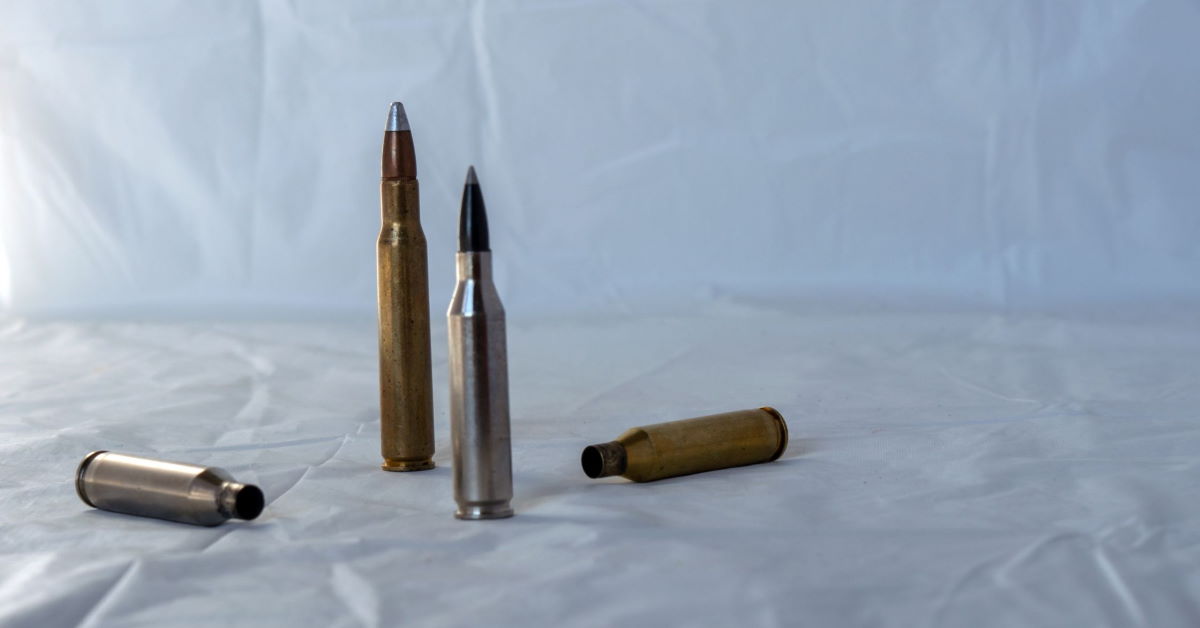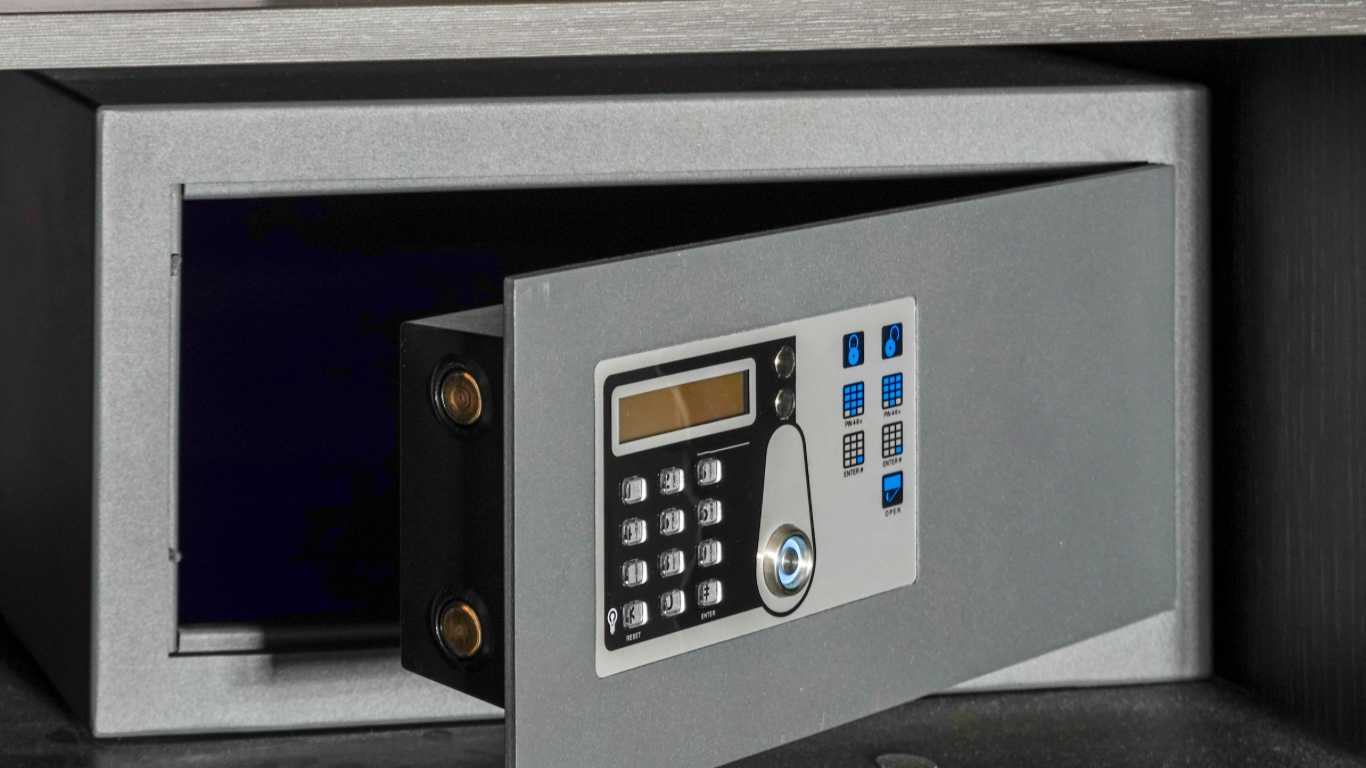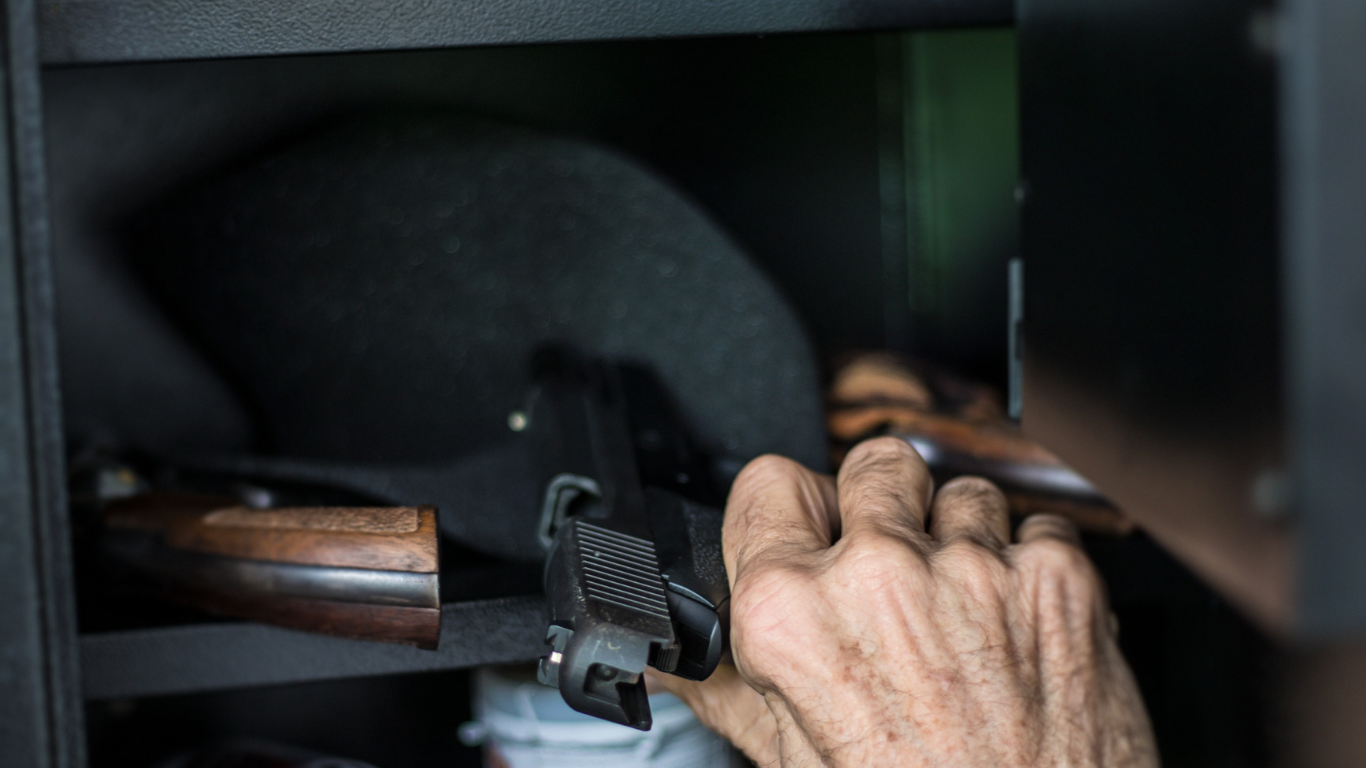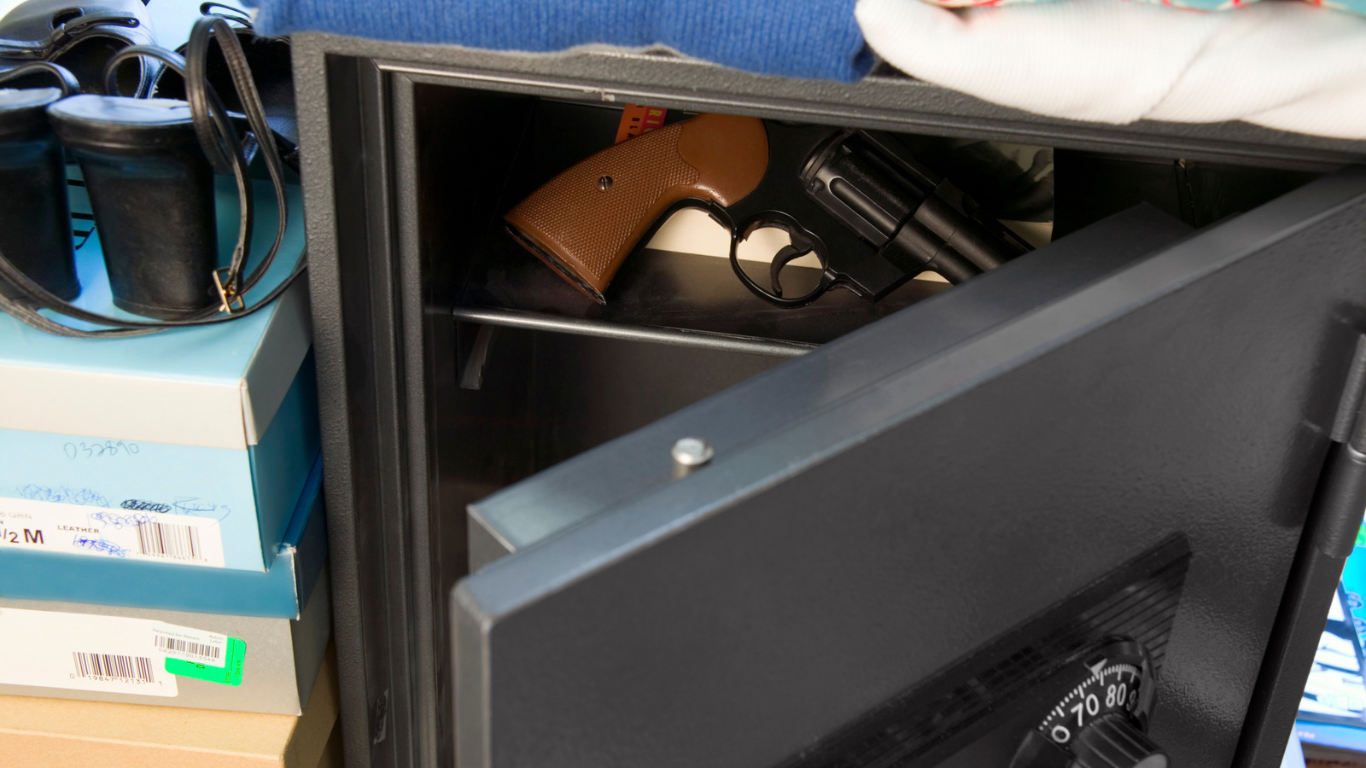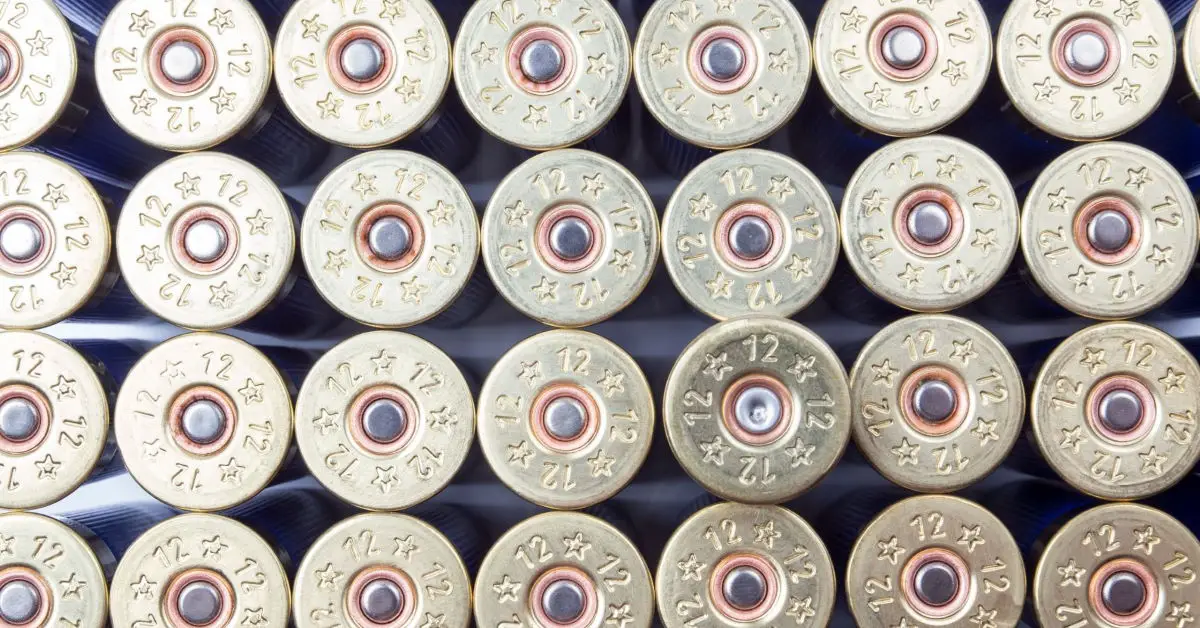Most gun owners’ biggest question is whether ammo is still good when it gets wet. Knowing how to store your ammunition is very important, but it takes a lot to ensure it is in the right condition. The majority of ammunition producers claim that factory ammo can stay on the shelves for over 11 years.
Your ammunition’s shelf span varies depending on how you store them. They might last for months or years, depending on your storage technique. However, it is possible to store ammo for decades using the proper techniques. Below is what you need to know about wet ammo and whether it is still good.
Is Ammo Still Good If It Gets Wet?
Most people wonder is ammo good if wet. The modern metallic cartridges work well when wet, all you have to do is make sure the barrel is clear. Several factors determine whether you can use wet ammo. Is it a splash or a 6-month submersion? Is the cartridge covered at the tip and primer?
The majority of metallic shells can survive after being submerged long as you dry them off afterward. However, this does not keep the insides dry, but it prevents the primer from rusting. If you dip the case for a long time, then the ammo might not be good. However, it depends if you used a sealant at the tip or not.
Ammunition is not ruined by water. You can drop it in water, dry it off and shoot almost immediately. However, exposing the ammo to places with high humidity will destroy them. Likewise, putting your ammo underwater will make them faulty.
How Does Heat Affect Your Ammunition?
Converse to wet ammo, you also need to consider heat. Most primers and powders are sensitive to heat. Therefore, you will raise the pressure by putting your ammo in hot areas. It would be great to store your ammunition in places that do not exceed 85 degrees because too much heat degrades them. Do not store them in the trunk of your car.
How Moisture Affects Your Ammo
One of the most common effects of moisture on your ammo is making you misfire and lowers the velocity. There are minimal effects when you expose your ammo to moist areas for five minutes or less, but more than 20 hours will damage them.
How to Store Your Ammunition
All responsible gun owners know how to store their ammo well. However, it is not advisable to leave your casings loaded or lying anyhow. Below are strategies that will help keep your ammo in good condition.
Store ammo in a dry place
It would be great to store your ammo in a cool and dry place, but this varies depending on the climate in your area and your home’s design. Most re-loaders prefer to keep ammo close to them, but it is not a great idea if the area is hot. You will prevent rust by storing them in cool places.
It would also be great to store any gunpowder in cool places. Such is because humid air has an extra ambiance that can destroy the powder even when covered. It would help if you also stored your ammo using quality bins.
It would be best if you store the ammo in the following places:
- In your parking where the weather is cool
- In a basement with a cooling unit
- Places below the ground that is cooler
Store ammo away from children
It is advisable to store your ammunition away from children’s reach. Therefore, this means that you should put them in casings and other tools that are hard to reach. You might also put them in locked containers. Kids can cause havoc when they get gunpowder on their hands because they don’t know the dangers.
Make sure you organize ammo before storing it
Please make sure you organize your ammo before storing it. If you plan to store all your ammo in one cabinet, name all the containers to prevent you from going through all the boxes while looking for one set.
Storing your ammo in an organized way also makes sure you do not miss the various components. For example, do not store gunpowder with primers. Make sure you label all your ammo and keep them in the correct places.
Store primers in different sections
It is not advisable to store your primers in the same booth, and this is because the primers might go off even if they are from the best manufacturers. If you store the primer in a booth full of other charges, there might be damage caused by a chain reaction.
Please store your primers in different areas, and you will not experience a fire outbreak at your place.
Signs That Show Bad Ammo
It would be great to examine your ammunition before firing to detect any faults. Below are signs of bad ammo:
- It does not fit well in the chamber
- Rusty or corrosive shells
- Has cracks in the casing
- The bullet heads are extended to the chamber
What Happens to Bad Ammo?
Degraded ammo might have rust and faulty primers. The main risk of using wet ammunition is that the bullet might fail to exit the barrel upon shooting. However, this occurs because there is not enough momentum to propel it. Bullets cause a blockage and get stuck in the barrel when this happens.
It is not advisable to fire a second shot because it might destroy your gun and harm you. You would instead not use it if you doubt its ability.
How to Get Rid of Bad Ammunition
You might want to contact a bullet recycling company if you have faulty ammo or the police to pick them up. You might also contact your gun dealer to know if they can sell them on your behalf. Hence, this will keep you free from an injury.
Most gun owners know tips that will enable their ammo to last long. Such include storing them in cool places, organizing them before storing and keeping them clear from children. Above is enough information about whether ammo good if wet and tips that will keep you safe when using it.
